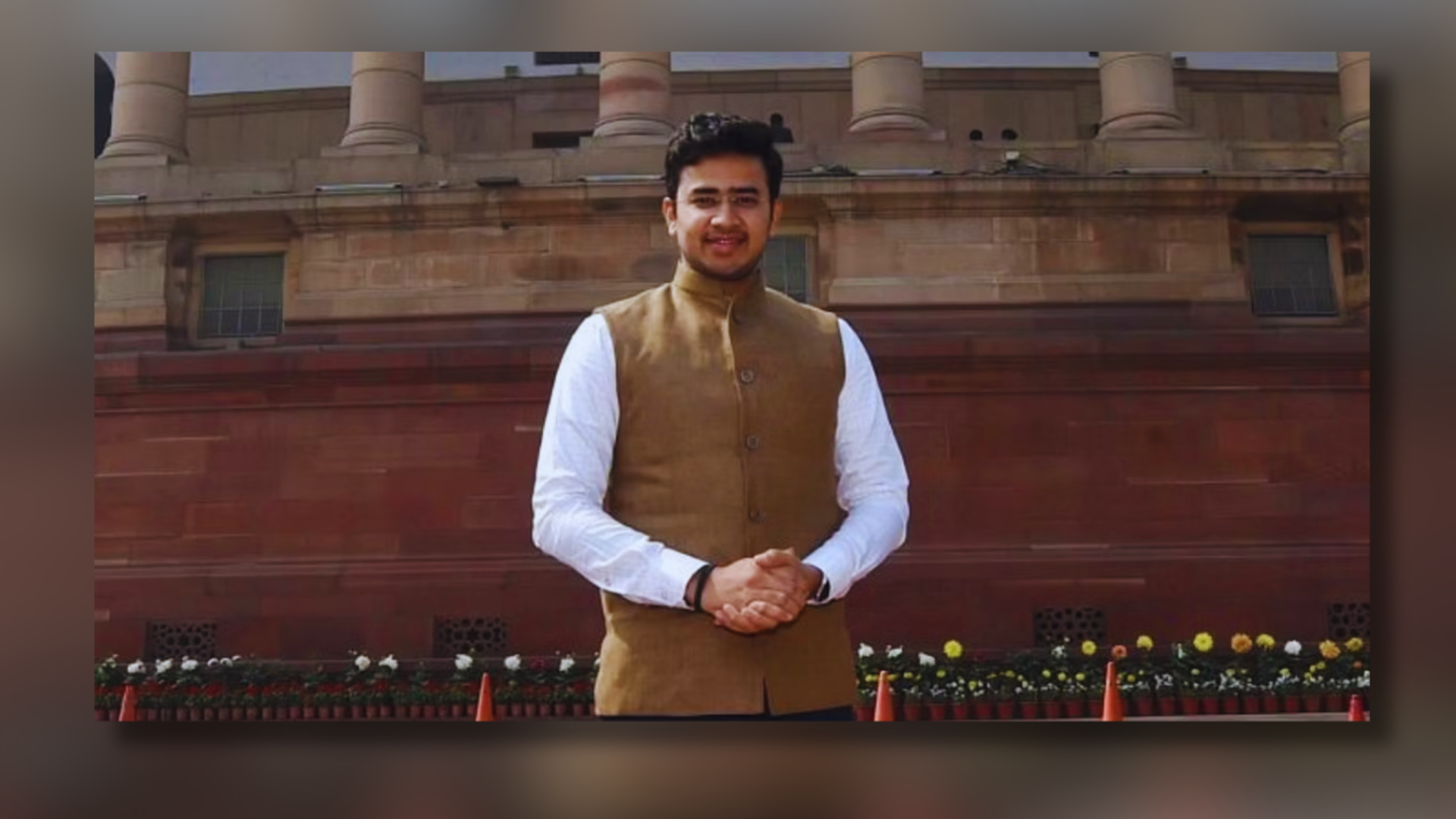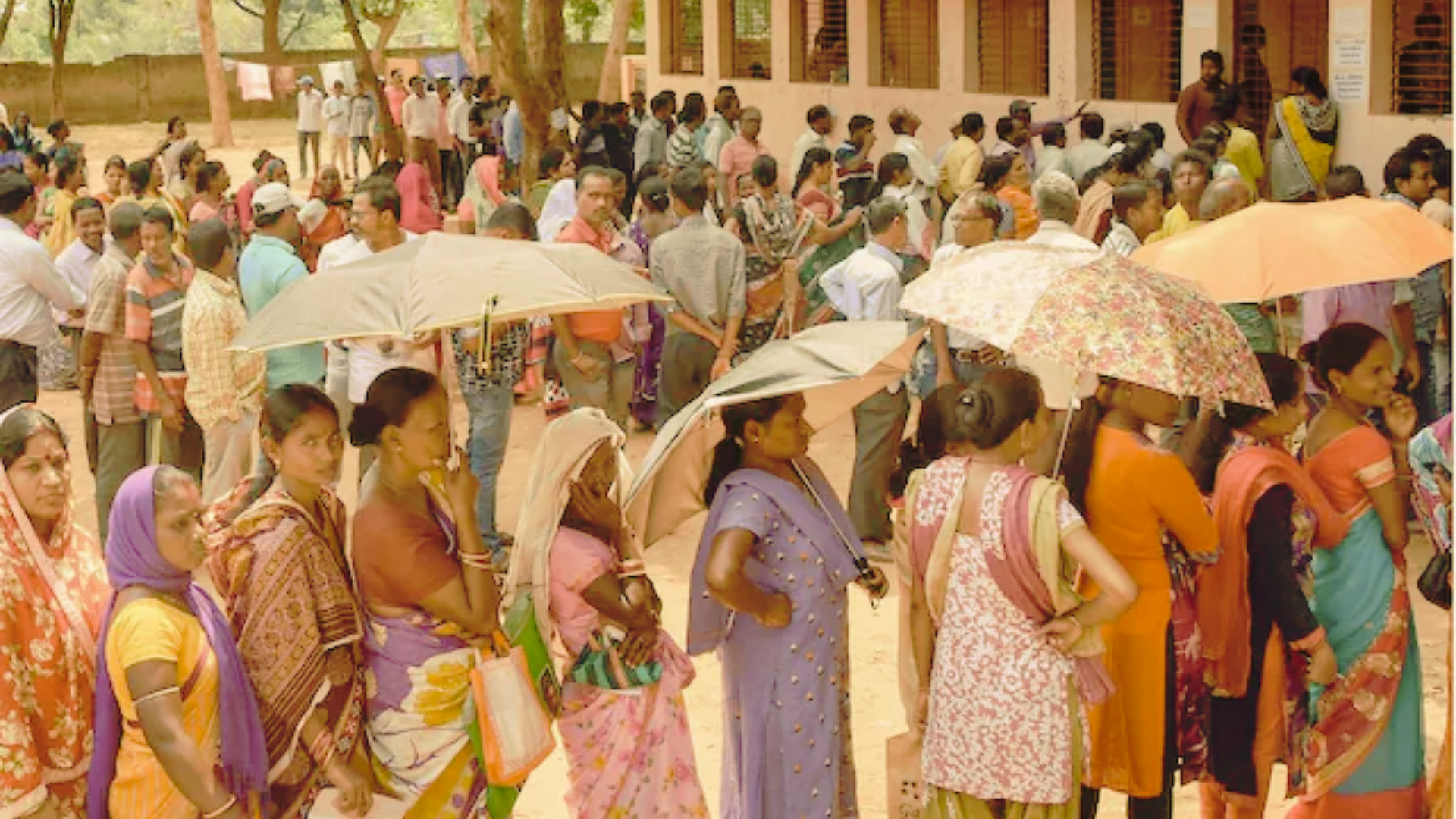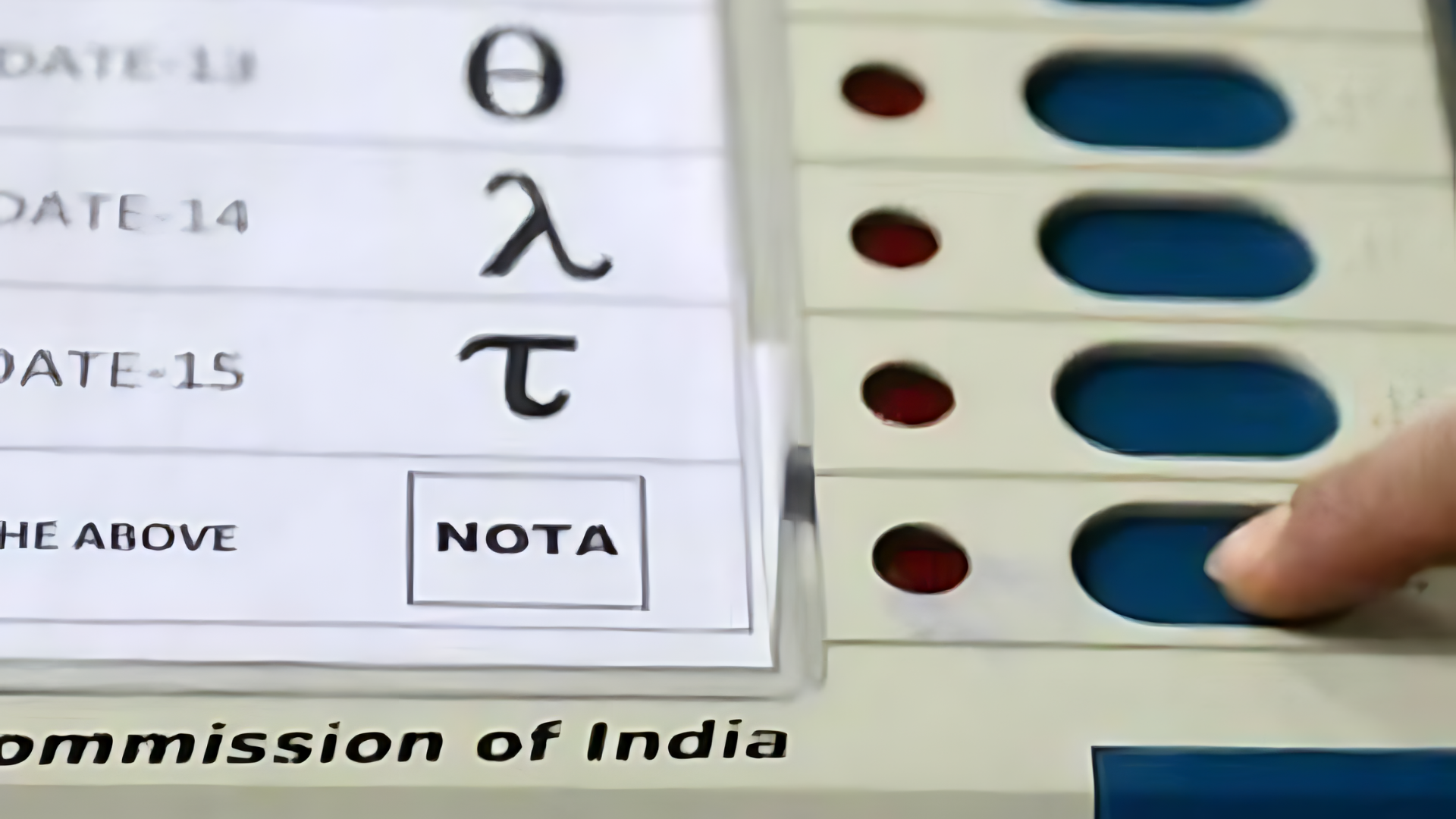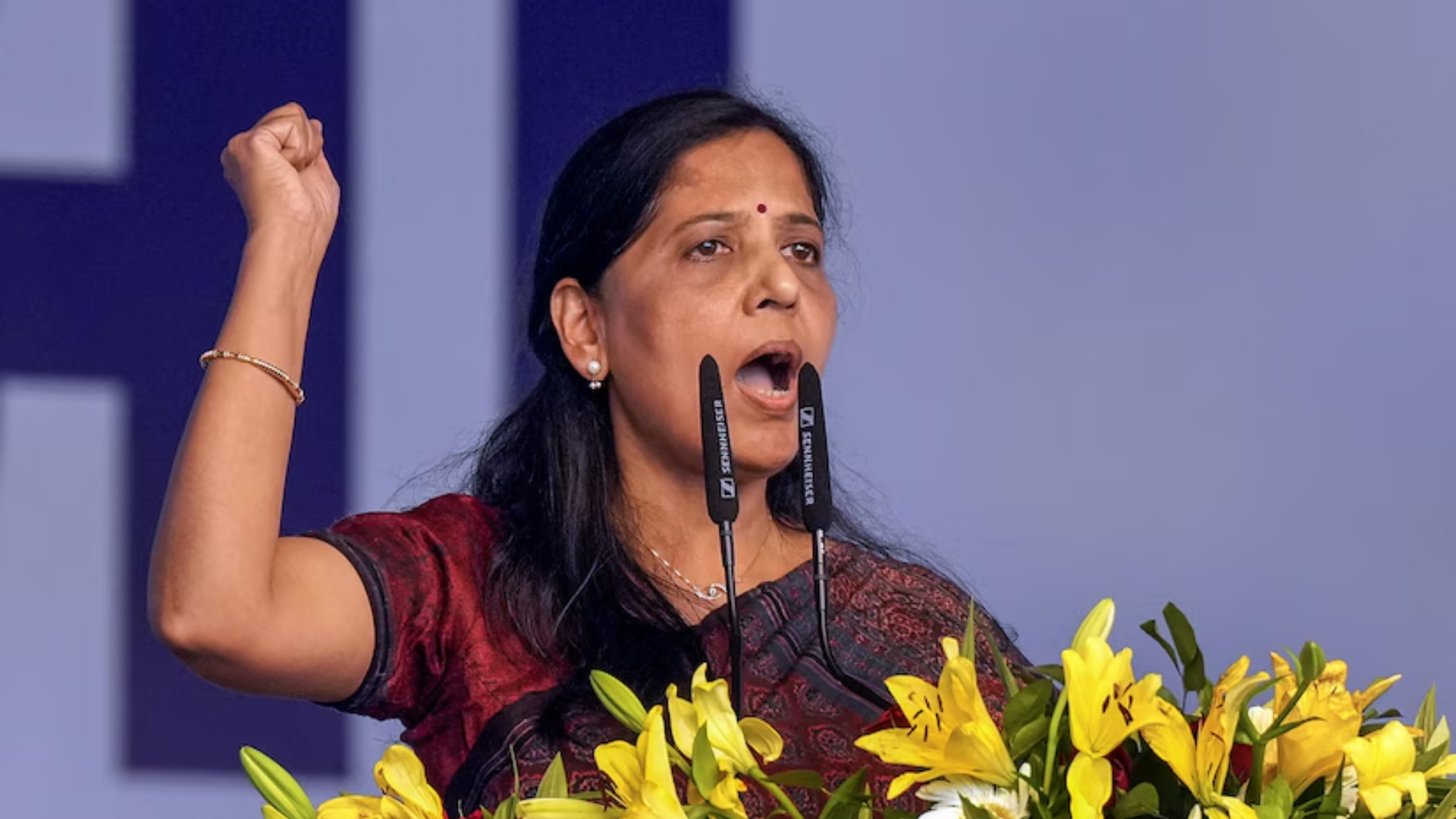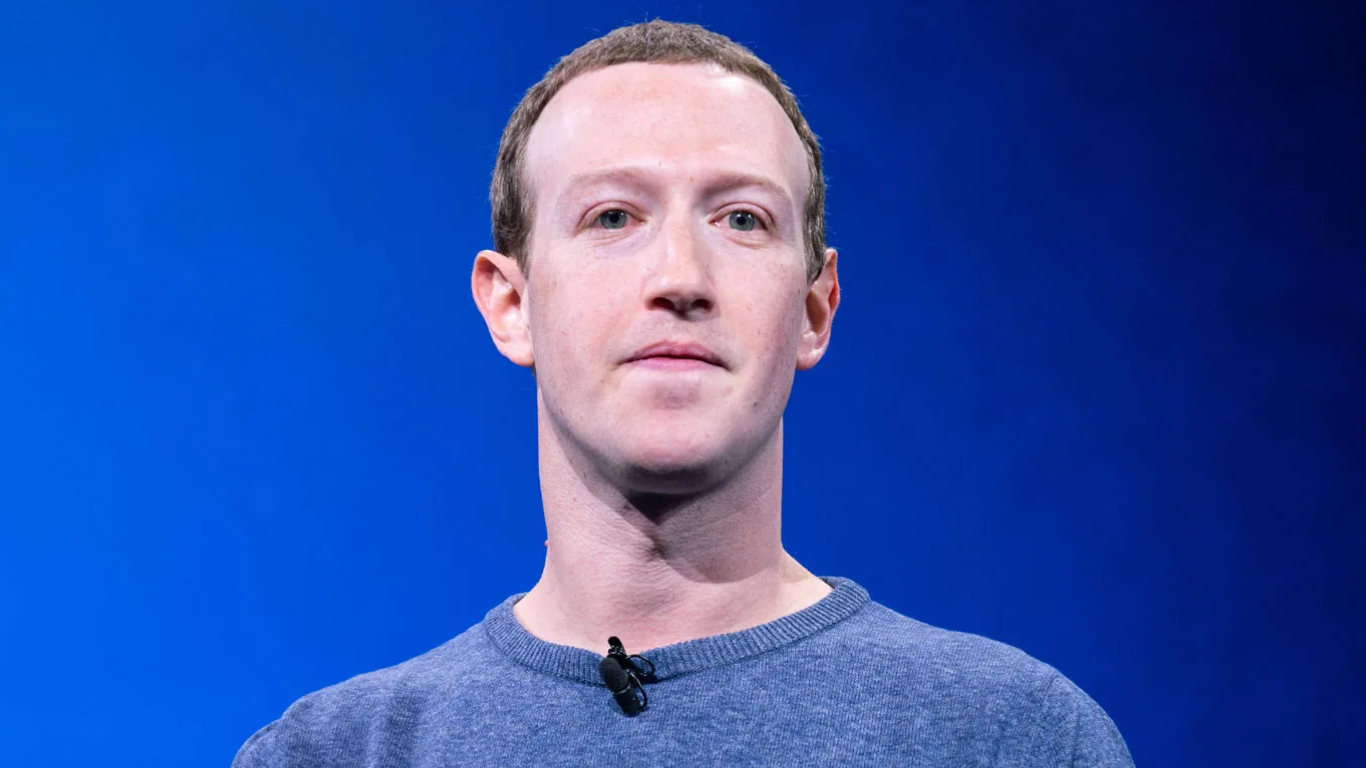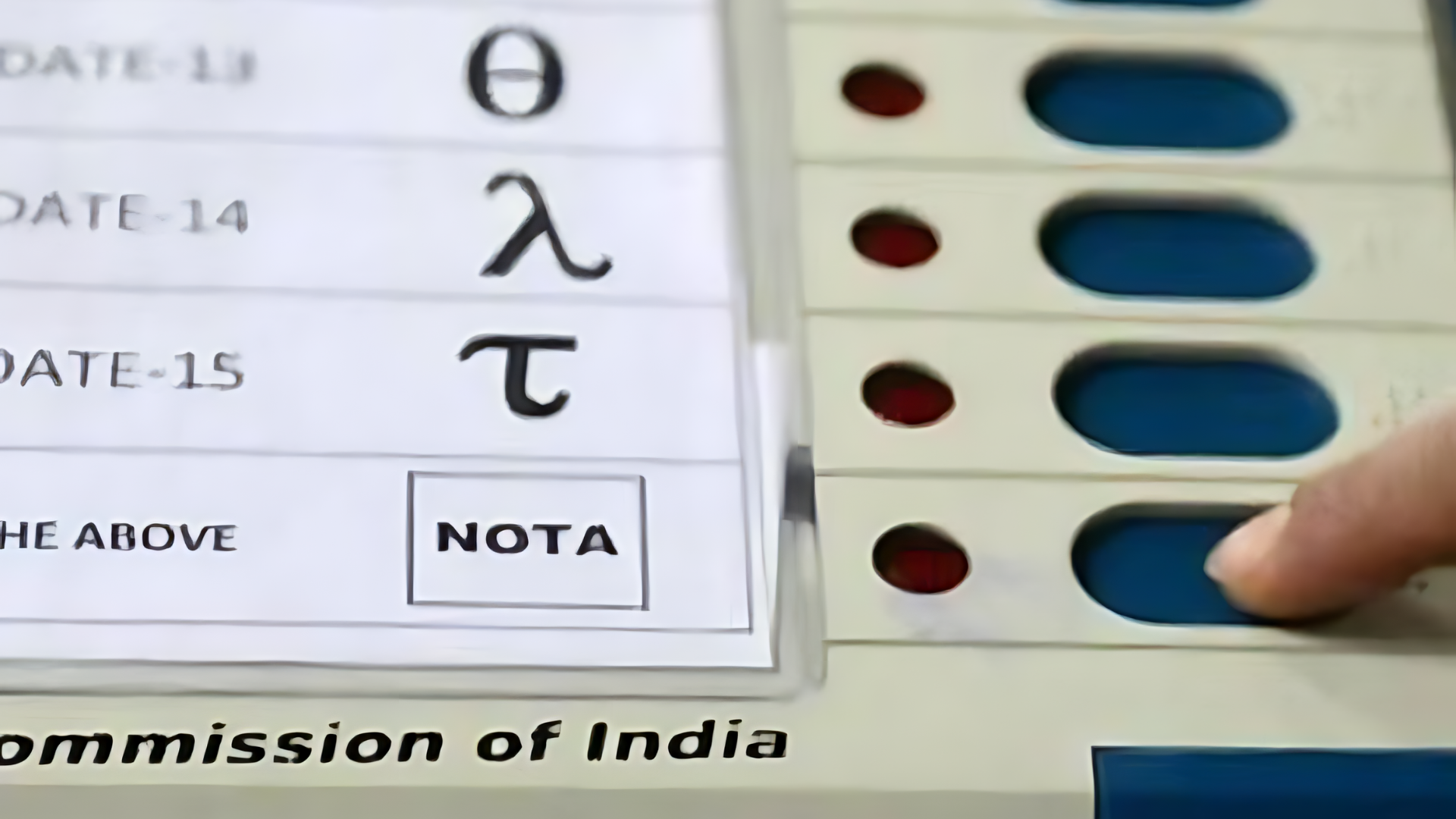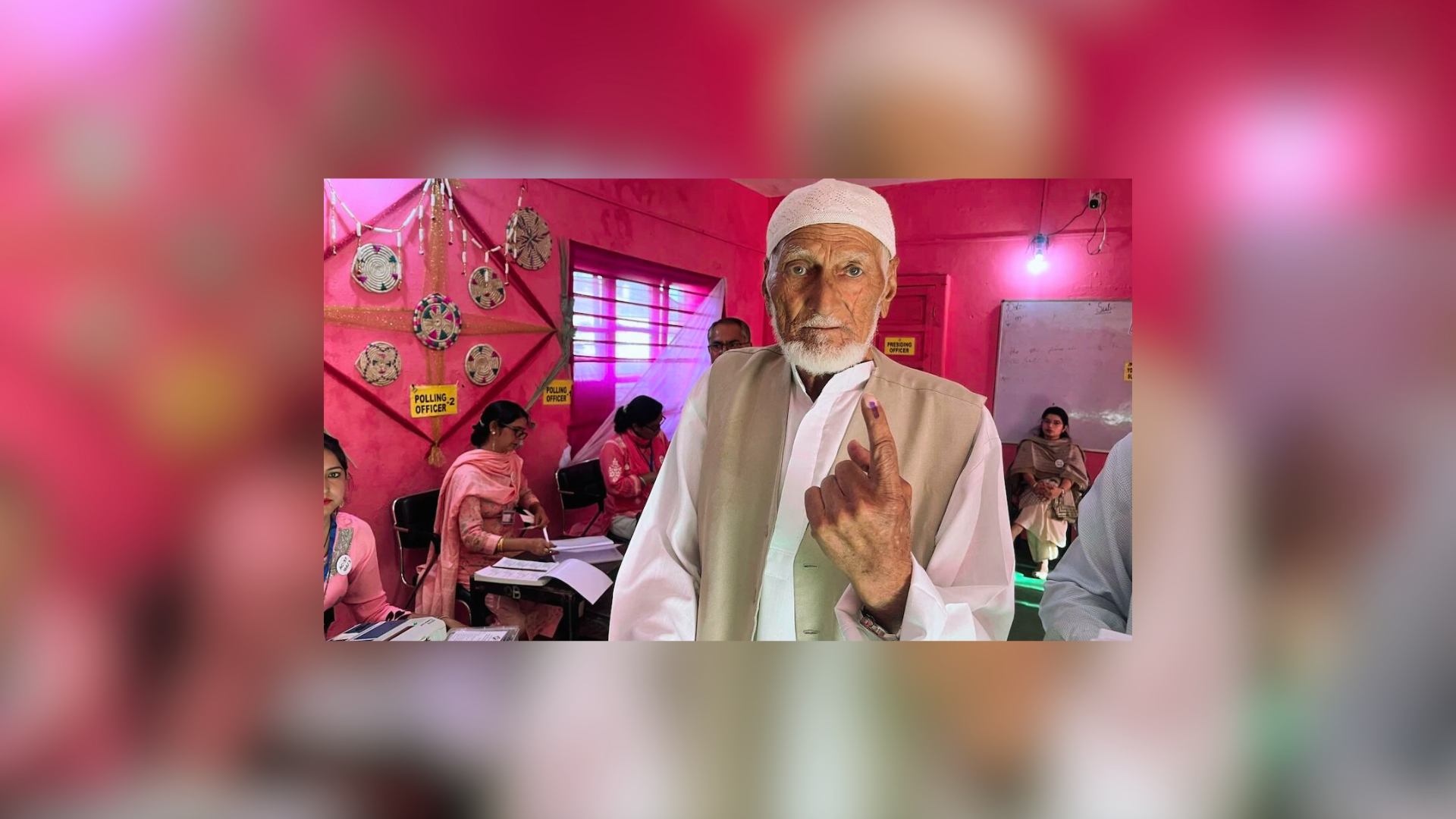


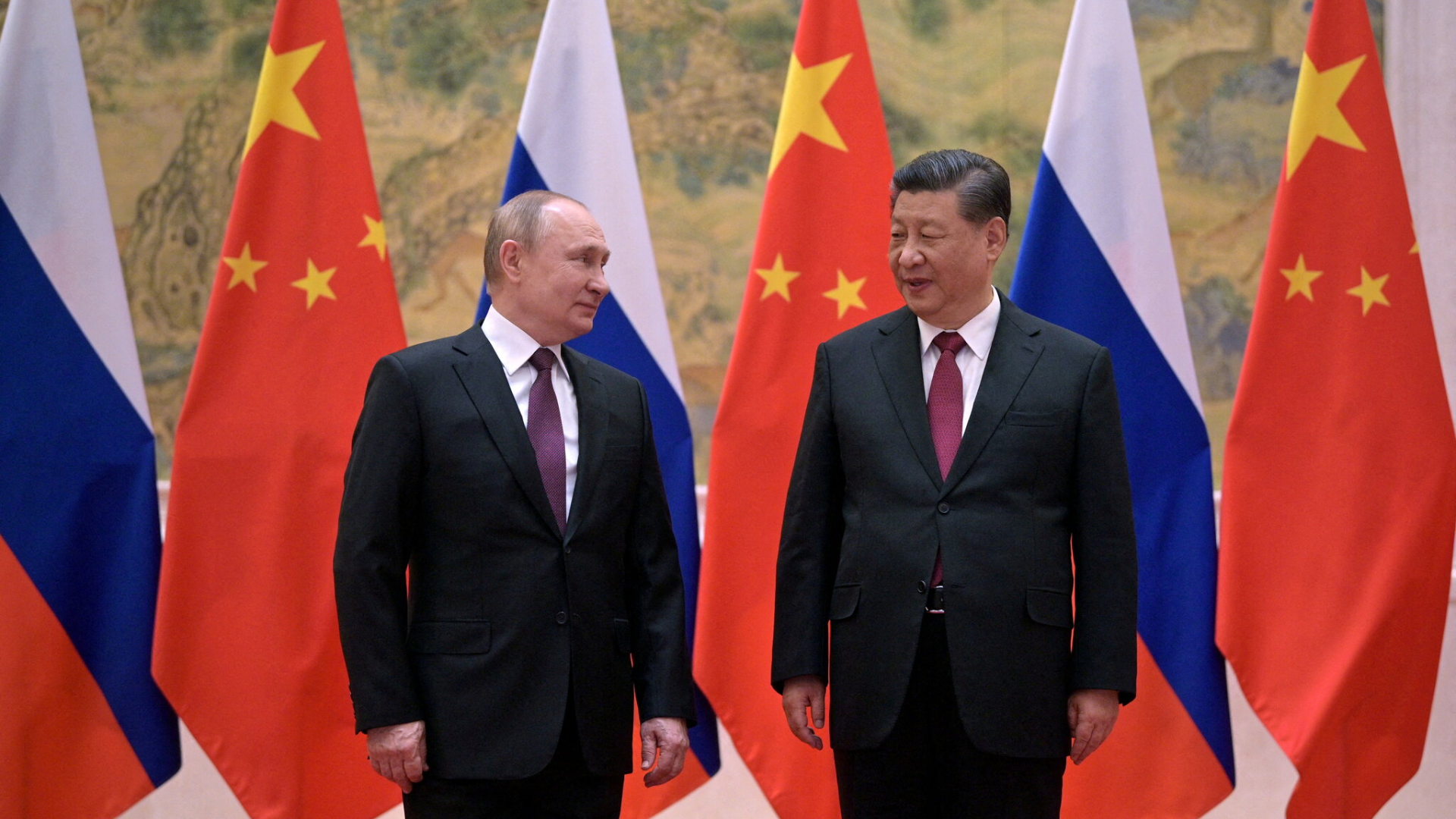



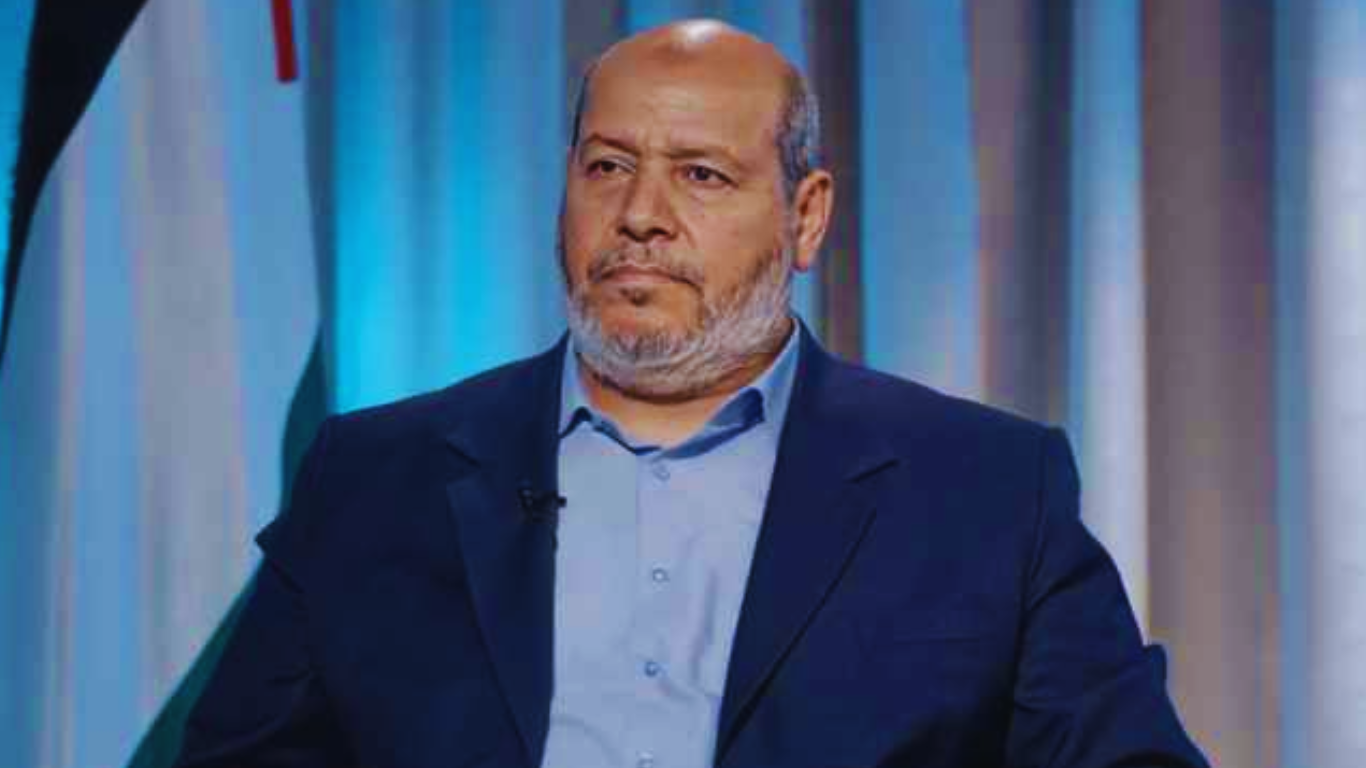
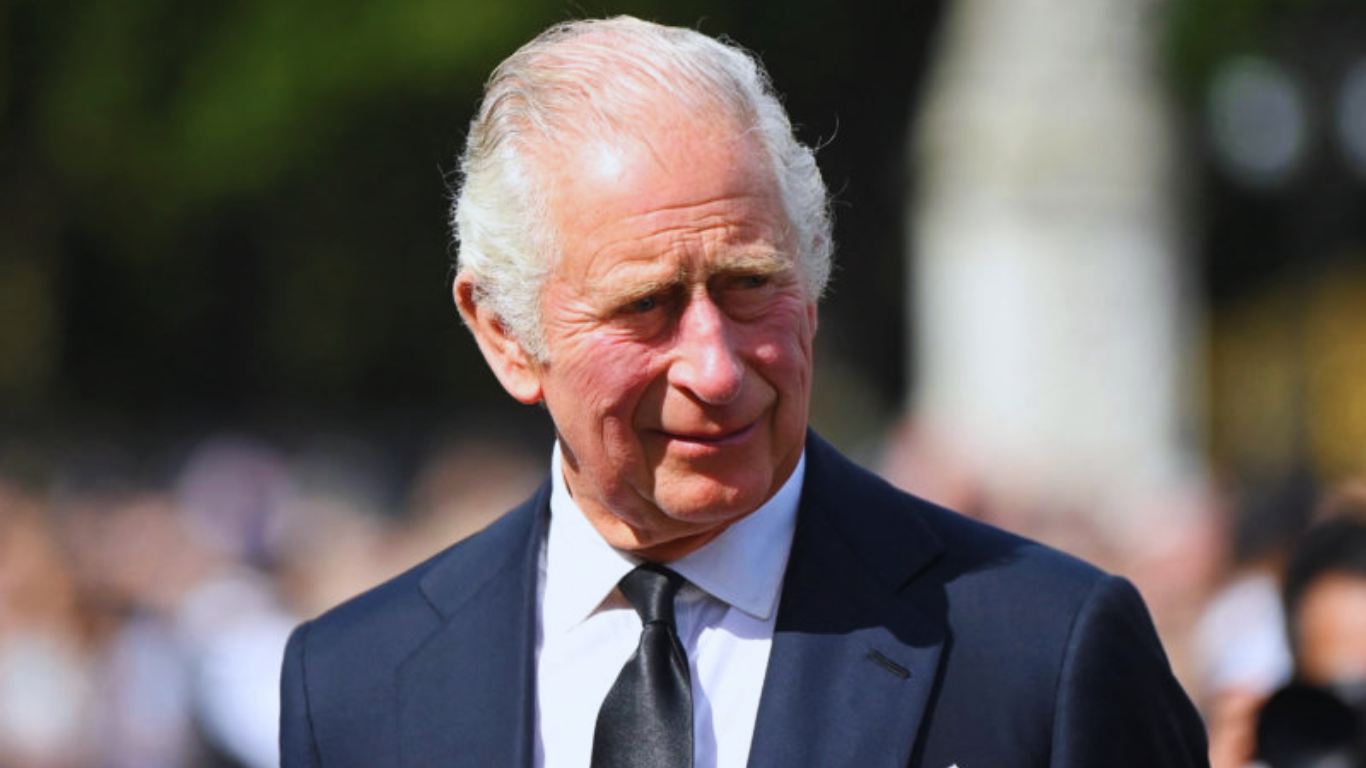

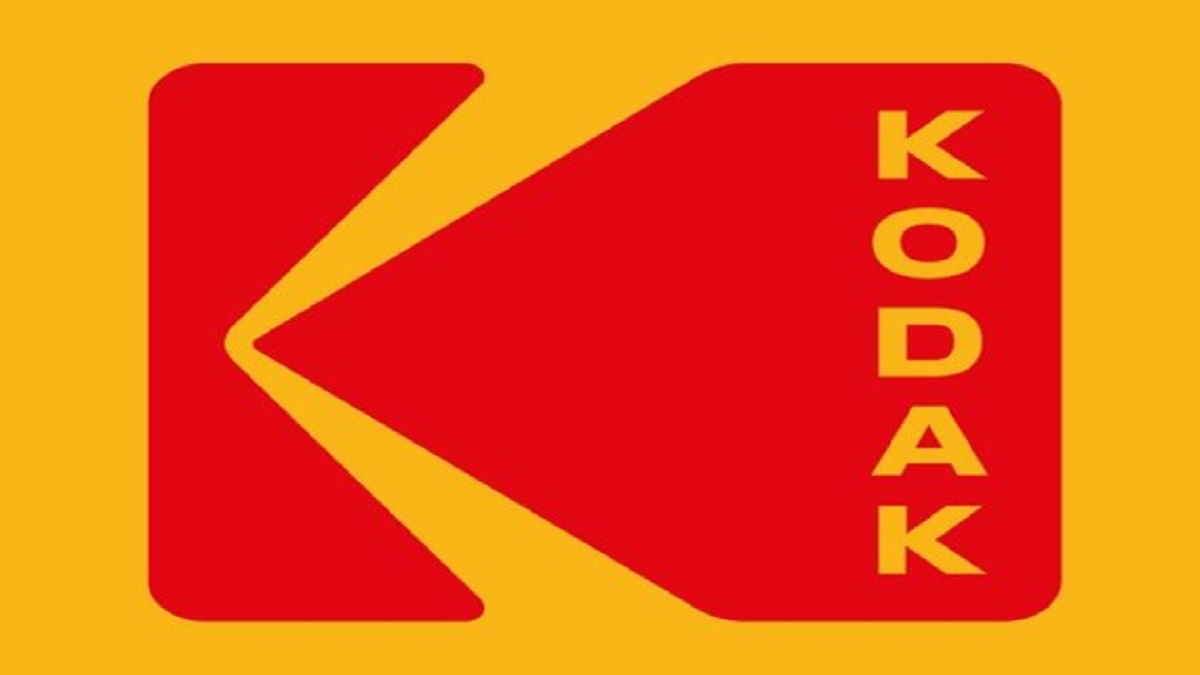
Eastman Kodak, an American photography company, has deleted an Instagram post featuring images of Western China’s Xinjiang region, taken by a French photographer who described the region as an “Orwellian dystopia”. This comes after an online backlash from Beijing’s supporters.
‘Orwellian’ is a term that is used to depict an idea, situation or social condition which George Orwell defined as being destructive for a free and open society. The western Chinese region is accused of committing grave human rights violations.
The French photographer Patrick Wack has made several trips to Xinjiang in recent years and has collected the images into a book. Kodak shared 10 of these images with its 839,000 Instagram followers.
Mr Wack on Kodak as well as his Instagram page described the images ‘visual narrative of Xinjiang’s “abrupt descent into an Orwellian dystopia” over the past five years. The Chinese social media users found Mr Wack’s description highly critical. This comes when the existing Chinese users objected to the Western regions’ criticisms of the Chinese government policies. In addition to deleting the post, reports suggest that Kodak have apologised for any mistakes and issued a statement as “content from the photographer Patrick Wack was recently posted on this Instagram page. The content of the post was provided by the photographer and was not authored by Kodak.”
Kodak is not the first international company to apologize for perceived transgressions over Xinjiang, where sources say that Uyghurs and other Muslim minority groups have been subjected to forced labour and genocide.
With the post, Kodak is facing criticism not only from Chinese social media users but from the West who prioritise the company’s analogue photography.
“A company working in photography should not have been afraid to take a stand on a project that’s so important for human rights,” said Ariane Kovalevsky, the Paris-based director of Inland Stories.
However, Mr Wack said that this decision from Kodak is notable as its products have been used to document political events for decades. “So for them, one of the main actors historically in photography, to say they don’t want to be political is what’s upsetting so many people,” said Mr Wack.
Mr Wack said that he was initially approached by a social media manager from Kodak who was enthusiastic about his work — and who later apologized after the company Instagram post about him was removed, saying the decision had been made by upper management. Eastman Kodak did not respond to requests for comments on Wednesday.
Reports suggest that in the post that Kodak used to replace Mr Wack’s photos, the company stated its Instagram page was designed to “enable creativity by providing a platform for promoting the medium of film,” not to be a “platform for political commentary.

